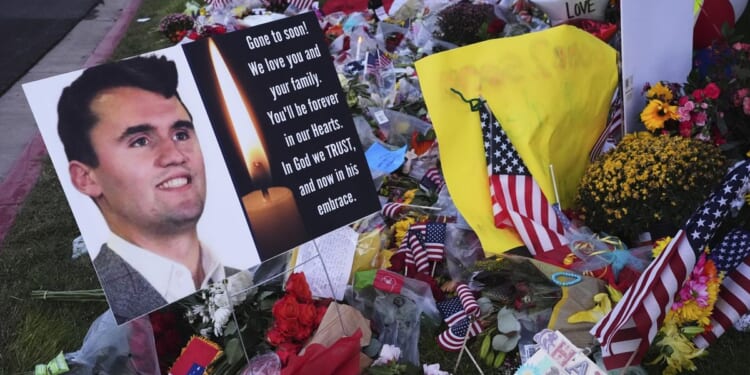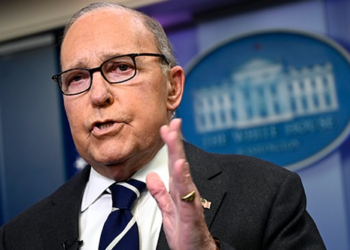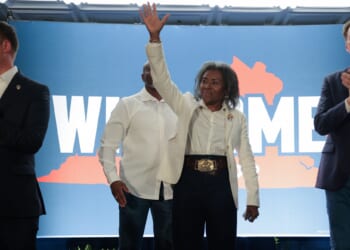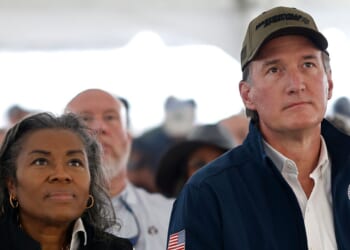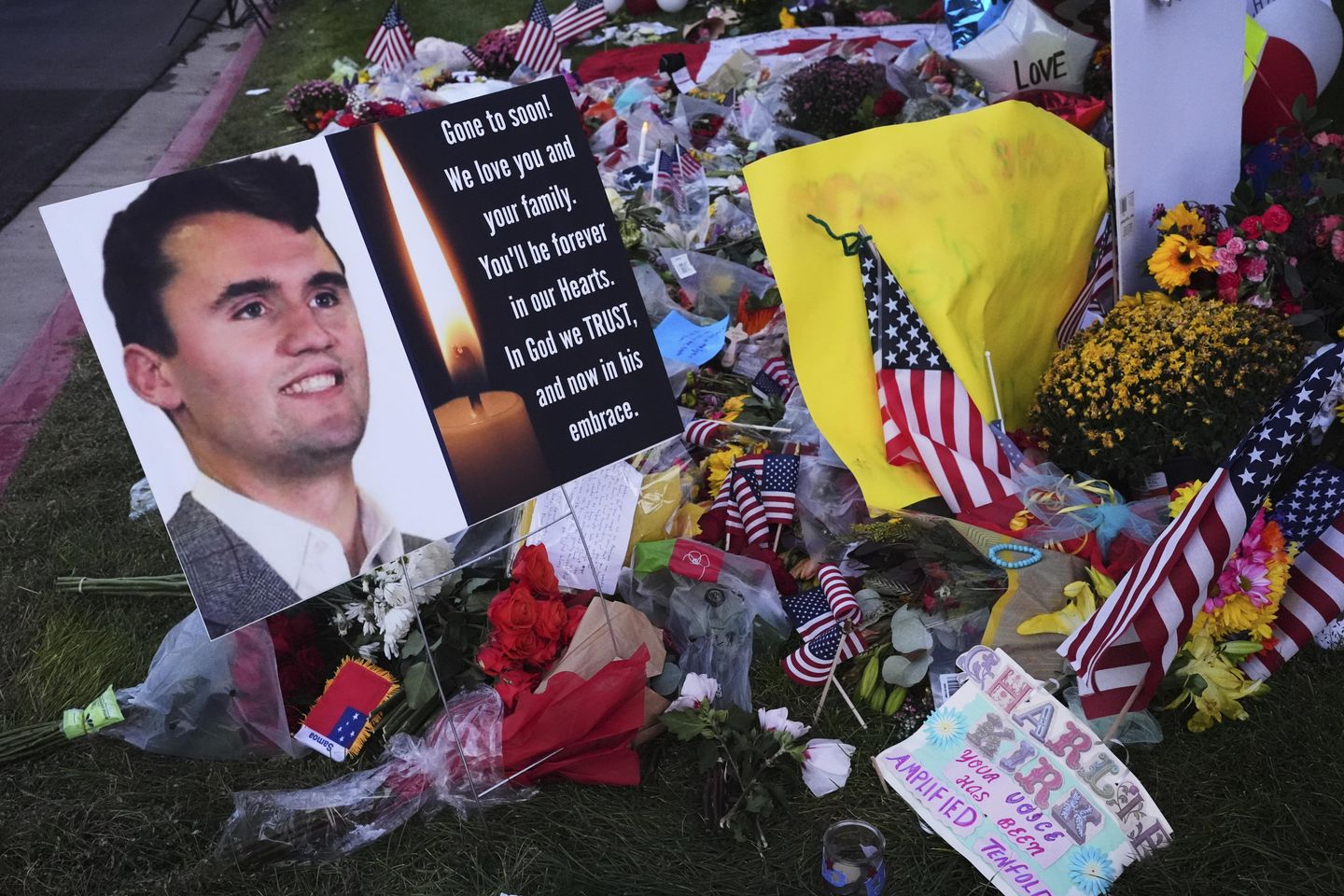
The percentage of Americans who say free speech is headed in the wrong direction surged following the assassination of conservative activist Charlie Kirk, as shown in a newly released poll.
The Foundation for Individual Rights and Expression’s quarterly survey, released Thursday, showed that 74% of those polled believe that “things are headed in the wrong direction” when it comes to free expression, while 26% said the nation is headed in the right direction.
The results of the National Speech Index poll conducted Oct. 20-28 represent a stunning 11-point uptick from the July poll, when 63% of Americans said the nation was headed in the wrong direction and 37% said the right direction.
The wrong-direction percentage comes as the highest since the foundation launched the index in January 2024, and it’s not hard to figure out why.
The October poll is the first conducted since the 31-year-old Kirk, founder of the conservative campus group Turning Point USA, was gunned down Sept. 10 as he spoke to a large crowd of students at Utah Valley University.
“In the last three months, America watched as Charlie Kirk was murdered for simply debating on a college campus, followed immediately by a wave of censorship of those who opposed his views,” said Nathan Honeycutt, foundation research fellow and polling manager, in a Thursday statement.
“It’s no surprise that a record number of Americans of all parties now think that it’s a dire time for free speech in America,” he said.
The survey also found that most Americans believe political violence is a problem on both the right and left.
The poll showed that 58% agreed at least somewhat with the statement “political violence is a problem among all political groups,” while 56% said it was a problem among conservatives and 57% said it was a problem among progressives.
“Americans seem to recognize that political violence isn’t a partisan problem — it’s a national one,” Mr. Honeycutt said. “Our polling suggests that the public is less interested in pointing fingers and more interested in fixing the toxic culture of hostility in our politics.”
Their concerns may be founded. An NPR/PBS News/Marist poll conducted Sept. 22-26 found 30% of U.S. adults agreed that Americans “may have to resort to violence to get the country back on track,” up from 20% in March 2024.
New data from FIRE shows three in four Americans now say free speech is heading in the wrong direction — a massive 10% spike since July.
From online spaces to campus classrooms, FIRE’s National Speech Index reveals Americans are losing faith that speech is protected anywhere. pic.twitter.com/UMQDlVXWd7
— FIRE (@TheFIREorg) November 13, 2025
The FIRE index tested support for academic freedom by asking respondents whether they believe a professor should be fired for politically charged — but constitutionally protected — statements made after Kirk’s assassination.
Four examples were given. In each case, a majority of Americans said the professor should not be fired.
Asked if a professor should be fired for saying, “It’s OK to punch a Nazi,” 45% said “definitely” or “probably.”
Asked if a professor should be fired for saying, “Those fascist Bible-thumpers want to drag us back to the Dark Ages,” 37% said “definitely” or “probably.”
Only 24% said a professor should be fired for saying, “Our colleges and universities are progressive indoctrination centers,” and just 14% were in favor of firing a professor who said, “We are going to make America great again.”
“Americans were most divided on the statement supporting political violence, but it’s heartening that most Americans correctly backed academic freedom,” said Sean Stevens, FIRE chief research adviser. “On the other hand, it’s deeply concerning that we intentionally included some rather tame political statements — including the winning slogan of the last presidential election — and vocal minorities still called for the professor’s firing.”
Americans were also concerned about jawboning, a term for the government pressuring private media outlets to censor speech.
The poll found 53% were “very” or “extremely” concerned about the government pressuring social media companies, while 52% said they were concerned about such pressure being applied to broadcast companies.
Slightly less than half, or 46%, were “very” or “extremely” concerned about the government pressuring banks to deny services to groups over their political views, known as debanking.
The quarterly index conducted for the foundation by the Dartmouth Polarization Research Lab to capture Americans’ views sampled 1,000 Americans, with a margin of error of +/- 3.0%. The lab is a nonpartisan collaboration between faculty at Dartmouth, Stanford and the University of Pennsylvania.

